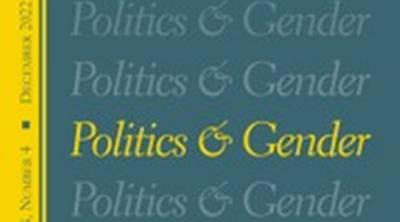Quotas and women's substantive representation: Evidence from a content analysis of Ugandan plenary debates
Despite the popularity of electoral gender quotas, the substantive impact of quotas on the plenary behavior of members of parliament (MPs) has yet to be thoroughly empirically explored, and in particular, there is a dearth of evidence from non-Western cases. Here we create a unique content analysis dataset from 14 years (1998–2011) of plenary debates, including the contents of more than 150,000 unique MP speeches recorded in some 40,000 pages of the Ugandan parliamentary Hansard to test how MP characteristics affect patterns of gender-related legislative speech. We find that female MPs speak about issues related to women's interests significantly more than male MPs. Further, we find no evidence of significant differences between female MPs elected with and without quotas, suggesting that, in the Ugandan case, gender is a more salient predictor of the tendency to “speak for women” than electoral pathway. To our knowledge, this is the first study that examines the effectiveness of quotas in promoting women's substantive representation in parliamentary debates across all policy domains over a significant time period. We discuss the implications of these findings in the Ugandan context, as well as how our evidence speaks to substantive representation through reserved seat quotas in semi-authoritarian regimes more broadly.
https://doi.org/10.1017/S1743923X16000453




